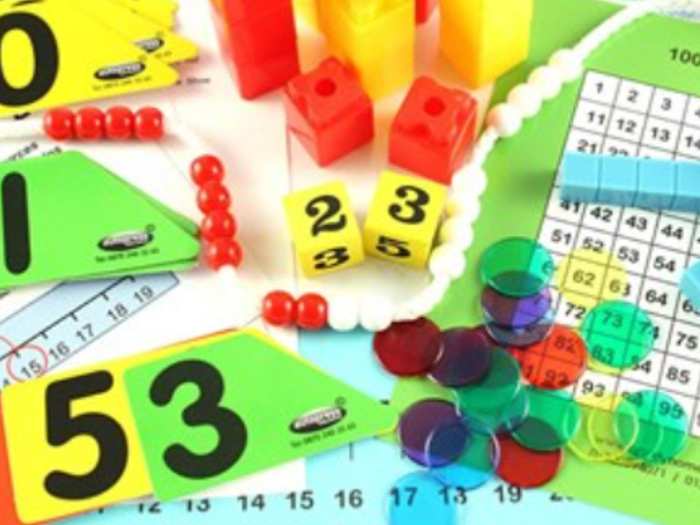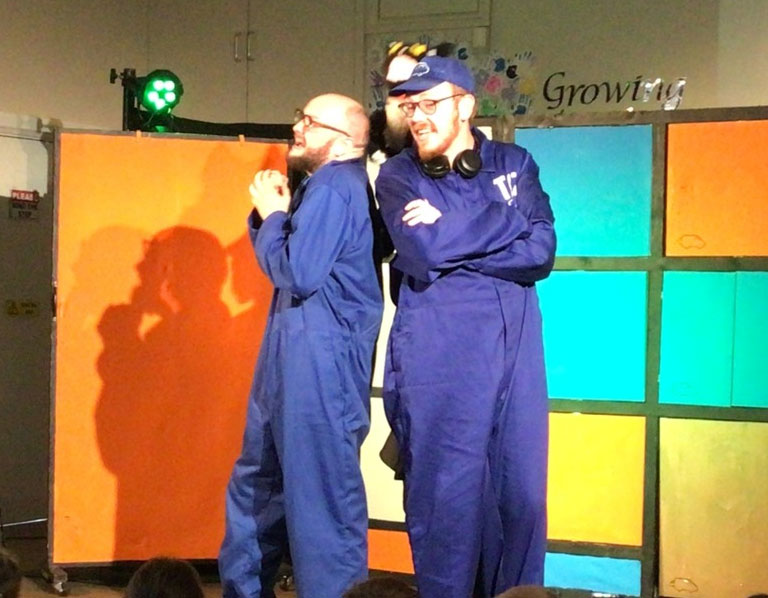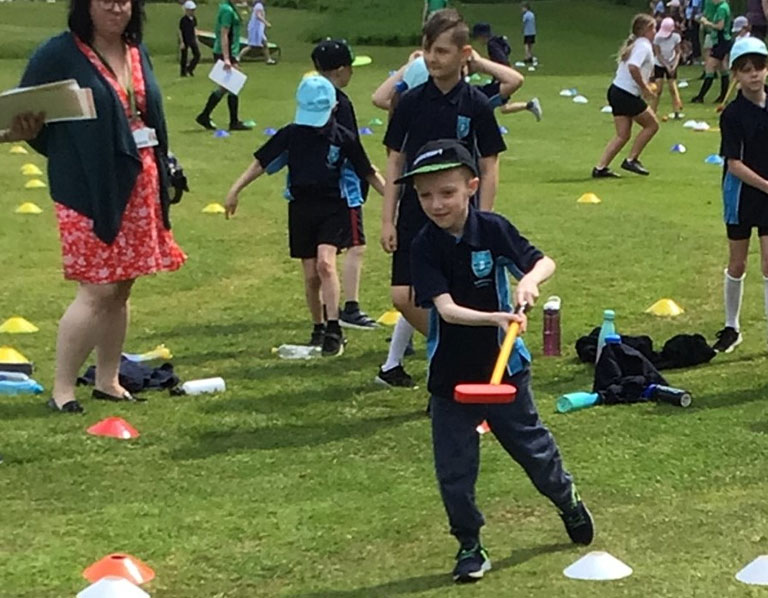Mathematics
Curriculum Leader: Mrs Natasha Bull
Intent: Enjoyment and engagement are at the heart of the ways we aim to teach Mathematics at Theddlethorpe Academy, both for pupils of all ages and for teachers and support staff. It is through making the skills relevant and appropriate to the children's lives that it is increasingly viewed as both a core skill and a way of embedding strong links to other areas of learning. This could be evidenced within scientific recording and conclusions, historical timelines, geographical co-ordinates and many other examples of number use.
We also recognise that Mathematics is an interconnected subject in which pupils need to be able to move fluently between use of concrete resources, pictorial representations and abstract ideas and concepts. We aim to teach maths in a way that is engaging, meaningful and appropriate to the changing needs of our pupils and promote a love of learning through a range of different enquiry and recording methods. We achieve this by using the White Rose Maths scheme of learning. We further supplement our children’s learning through Manga High, Times tables Rockstars and Third Space Learning.

The Importance of Early Years: Our children's journey begins in Early Years, where we start the process of developing key mathematical skills by adopting a highly kinaesthetic approach to learning that uses a wide range of hands-on resources. As well as basic numerical fluency, we develop skills such as problem solving and reasoning through activities that use shapes and measures, beginning the development of spatial awareness. Maths is an important part of the Early Years curriculum and receiving a good grounding is an essential life skill that enables our pupils to succeed in other areas.
Implementation: We have adopted a mastery approach based on the White Rose Maths scheme of learning and in line with the National Curriculum where teaching and learning should show progression across all key stages within the different strands of Maths.
At Theddlethorpe Academy, we aim to build a deep understanding of topics, whilst helping our pupils become confident mathematicians who embrace mathematical challenges with confidence. Topics are introduced in a logical order and are revisited throughout the year. These revisits encourage deep learning and ensure learners have the foundational knowledge they need, before moving on to more advanced maths concepts and tackling more challenging number problems.
The expectation is that most pupils will move through the scheme of learning at broadly the same pace, however, decisions about when to progress should always be based on the security of pupils' understanding and their readiness to progress to the next stage. Pupils who grasp concepts rapidly should be challenged through being offered rich and sophisticated problems which encourage them to reason and prove their understanding at a deeper level before any acceleration through new content.
Those who are not sufficiently fluent with earlier material should consolidate their understanding, including through additional practice, before moving on.
Lesson design: Our maths lessons are made up of the following parts:
- Fluent in Five (Third Space Learning) – a daily arithmetic starter activity which encourages children to answer questions and demonstrate what they know, challenge each other through answers given and reason about their answers.
- A warm-up task – the children recap previous learning.
- Let’s Learn – New learning is introduced, and children are encouraged to discuss ideas and reason around these new concepts.
- Let’s develop – new learning is applied to reasoning and problem solving.
Mathematical vocabulary is accessible to all children to help them understand and apply the correct terminology when communicating their mathematical knowledge and understanding. A range of resources are available to all children and are used to develop the knowledge and understanding that is integral to their learning.
Attainment will be assessed after each block of learning and at the end of each term through White Rose Maths assessments.
Impact: The impact of our Maths curriculum is that each child learns more, knows more and remembers more so that they reach their full potential in this curriculum area.
- Most children will achieve age related expectations in Maths at the end of their cohort year.
- Children will retain knowledge that is pertinent to Maths with a real-life context.
- Children will be confident mathematicians who can talk about their learning in maths.
- Children will be engaged and challenged.
- Children will understand that maths is a vital life skill that they will rely on in many aspects of their daily life.
- Children will be able to reason and problem solve.


